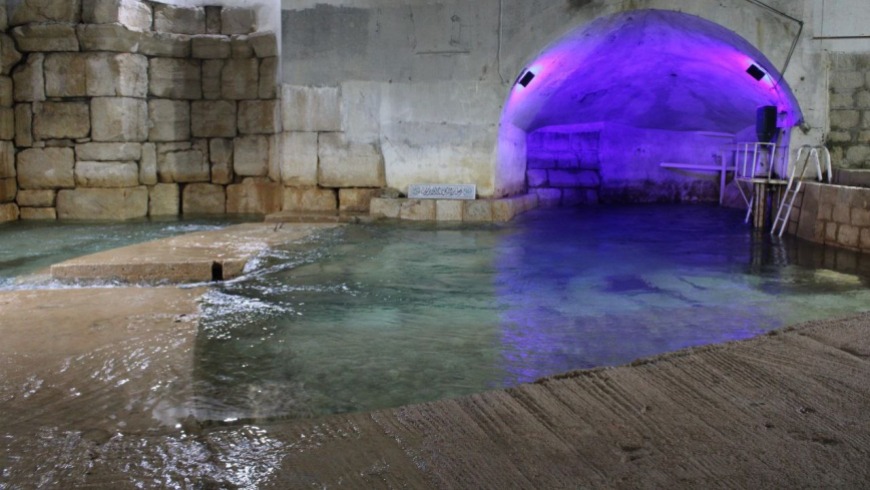Damascus is facing an impending water crisis as the flow from Ain al-Fijeh spring—responsible for over 70% of the city’s water supply—has dropped to just 3 cubic meters per second, down from more than 6 in previous years. Government ministries and public institutions have launched emergency repair and mitigation plans, but officials warn the city may experience its most severe drought in decades.
Water authorities, led by Damascus Water Director Ahmad Darwish, have activated dormant wells and outlined a new rationing schedule to ensure basic access across the capital and its surrounding areas. However, the anticipated shortfall cannot be fully compensated, and authorities are urging citizens to conserve water.
Meanwhile, Syria is grappling with broader climate-induced challenges. Agricultural officials say the country is experiencing its worst drought in 50 years, with rainfall levels at only 33% of the annual average. This has severely impacted both rain-fed and irrigated crops, including key staples like wheat and barley, and has driven down feed availability for livestock.
The crisis has already begun to affect daily life. In neighborhoods like Qudsaya and Barzeh, residents report long hours of water outage, poor water pressure, and mounting costs for private tanker deliveries. Many households are adopting water-saving measures, cutting back on washing and cleaning to cope.
Retail markets are beginning to reflect the pressure, with packaged drinking water less available in some areas. Vendors report stable prices for now, but anticipate demand spikes during the summer, especially from hotels and restaurants.
Despite government efforts—including public awareness campaigns with religious leaders and schools—the combined effects of climate change, infrastructure decay, and seasonal strain are converging into a potential public health and economic emergency. Observers warn that without sustained investment and urgent adaptation strategies, water insecurity could become a defining crisis for Damascus and much of Syria in the years ahead.
This article was translated and edited by The Syrian Observer. The Syrian Observer has not verified the content of this story. Responsibility for the information and views set out in this article lies entirely with the author.


